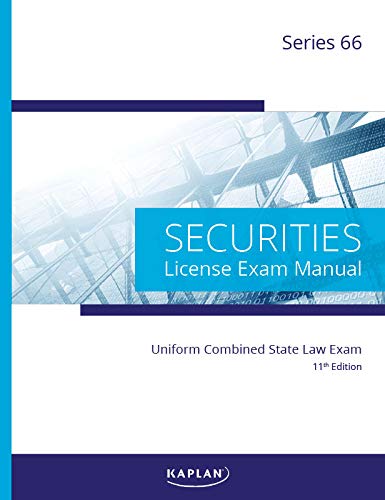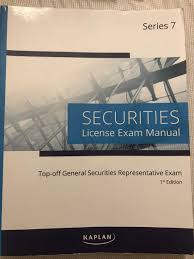Series 7 suitability questions, How to Pass The Suitability Portion of The Series 7 Exam
If you’re about to take the series 7 exam, I urge you to look into suitability studying, as much as possible. Some of the suitability questions from what I’ve heard are extremely difficult, and they can include things like bio tech stocks, variable annuities, and other assets a finance that can be somewhat tricky when it told in the context of referring investment vehicles to a client. Overall I tend to be pretty good at suitability, but I still get thrown off on the odd practice questionnaire in there. Some of the reason for this is that, there will be two answers on each question that are so similar, like If an investor is an aggressive investor, should they go with a growth fund, or a biotech fund. No generally, in every single piece of financial research out there, the high growth fund is going to be more diversified, with a lower correlation on asset classes in sectors, which would make that a better investment. However, in the series 7 logic, and I guess in the world of financial advising, a bio technology fun, such as QQQ, even though I personally agree with that this is a horrible investment, and that it is not diversified enough, then I believe that . The biotech fund would be wrong, even though this isn’t the answer. So the other problems on the Series 7 that are tricky include municipal bonds, hedge funds, correspondence and SEC regulations and a lot of other tricky high financial concepts. As a primer also, there is no Excel and very little accounting on the Series 7 Exam, it is mainly suitability and options.
| Related Posts |
|---|
Is There Accounting, Excel, or Options Questions on The Series 7 Exam
There’s very little accounting, and there is actually more tax related questions on the Series 7, and you would think. I tend to be really good at options related questions, tax related questions, from my strong interest in accounting, anything regarding financial statements, suitability, index funds, or financial research. For some reason I tend to do poorly at municipal bond questions, average at direct Participation program questions, and probably slightly below average at certain mutual fund questions. Certain other things tend to throw me off like weather lawsuit settlement dates or 45 days or 60 days etc., which I worry will make studying for the series 66 a heck of a lot harder than I’m imagining the seven to be. We’ll cross that bridge when we get there, for now thank you for staying updated and I’ll update you on my license journeys in the future. Other popular topics on the Series 7 Exam include:

Suitability
Put Options and Call Options
Municipal Bonds
Mutual Funds
Mutual Fund Fees
Treasury Bonds
Correspondence How To’s
The Ins and Outs of Legal Disputes
Comment down below with any additional questions and we will respond as soon as we can!
What is Suitability? Final Thoughts on The Suitability Portion of The Series 7 Exam
In wrapping up this post, some final thoughts that I have about the suitability portion of the Series 7 Exam are that it is a very important portion of the exam to get down, and that it is probably the most PRACTICAL section of the exam out there. As much as options or Municipal bonds is something that you MAY use in the field of Financial Advising, suitability is something that you will use every single day and in every single interaction with clients that you talk to. Learn this section of the exam well, and you will definitely go far in your career. Subscribe to our blog for more details and information.
Cheers!
Sources:
https://finance.fandom.com/wiki/Firm_Foundation_Theory
https://finance.fandom.com/wiki/Castle-in-the-Air_Theory
https://money.cnn.com/data/markets/
Disclaimer: The opinions and documentation contained within this article and on this blog are the sole property of inflationhedging.com and are not to be copyrighted or reproduced in any manner, else legal action within the rights of the United States legal code could be use to obtain recompense. All articles and blog posts are the sole opinions of the writers of the blog, and are not necessarily in line with what exactly will work for you, you should consult a CPA, Tax Professional, or Financial Professional to determine what exact financial needs are in line with your interests. Also, from time to time, certain links on this website will be used to generate affiliate commissions, in order to support the health and growth of our website, health and business.











Leave A Comment